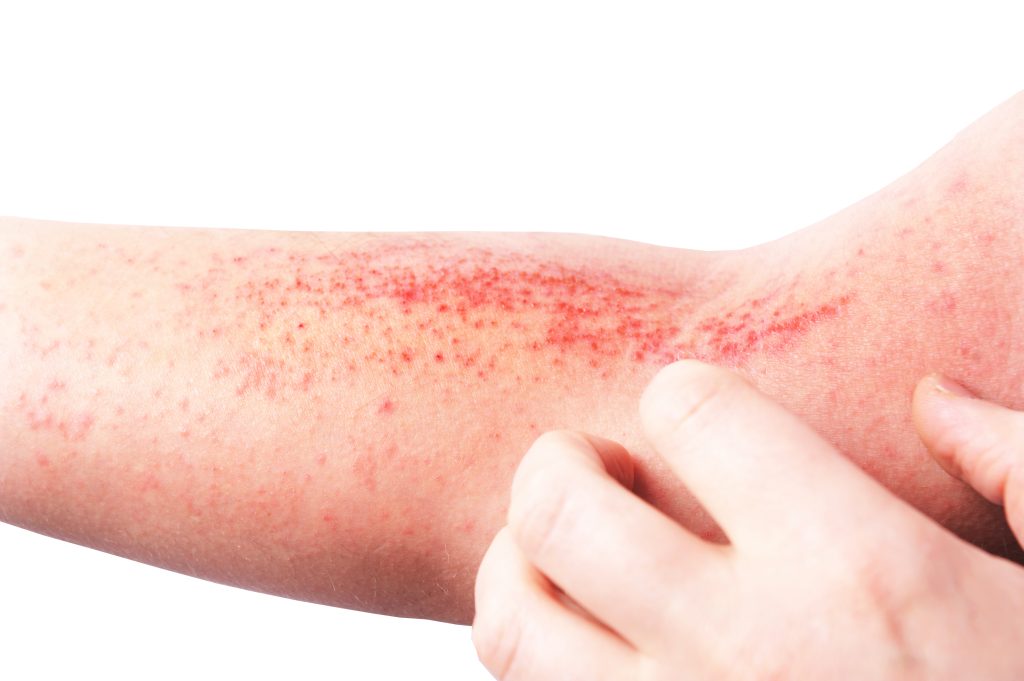The first patient has been dosed in Part B of the Phase 2 APEX clinical trial of APG777 in patients with moderate-to-severe atopic dermatitis (AD), and enrollment is complete in Part A, Apogee Therapeutics reports.
APEX is a Phase 2 randomized, placebo-controlled clinical trial evaluating APG777, a novel, subcutaneous (SQ) extended half-life monoclonal antibody (mAb) targeting interleukin (IL)-13 in patients with moderate-to-severe AD. The trial was designed to combine the typical Phase 2a and 2b portions of a clinical trial into a single protocol. Part A exceeded expected enrollment with 123 patients randomized 2:1 to APG777 versus placebo; patients assigned to APG777 received induction regimen dosing of 720mg at weeks 0 and 2, followed by 360mg at weeks 4 and 12 and the trial has greater than 90% power for the primary endpoint. Patients benefiting from treatment will continue to APG777 maintenance dosing, which will evaluate 3- or 6-month dosing. Part B is a placebo-controlled dose optimization with approximately 280 patients randomized 1:1:1:1 to high, medium, or low dose APG777 versus placebo and the first patient in Part B have now been dosed. The primary endpoint of each part of the study is mean percentage change in EASI score from baseline at week 16. Secondary endpoints include EASI-75 and IGA 0/1 at week 16.
APG777 is currently in clinical development as a monotherapy for AD with several proof-of-concept anticipated readouts in 2025 and 2026, including Part A 16-week induction data in mid-2025 and maintenance data in the first half of 2026 as well as Part B 16-week data in the second half of 2026.
“Enrollment for the Phase 2 Part A trial of APG777 surpassed the approximately 110 patient target ahead of schedule, driven by strong patient and investigator enthusiasm, underscoring the potential of APG777 to address the need for safe, effective treatment options that reduce injection burden and provide better disease control for patients with AD and other I&I conditions,” says Carl Dambkowski, MD,, Chief Medical Officer of Apogee, in a news release. “Positive results from our Phase 1 healthy volunteer trial enabled us to design this Phase 2 trial whereby APG777 is modeled to exceed lebrikizumab exposures by ~30-40% with potential for improved clinical responses, as well as approximately half the number of injections during induction and ~70-90% fewer injections in maintenance compared to currently available therapies. Our uniquely designed Phase 2 trial allowed us to seamlessly transition from completing enrollment in Part A to enrolling Part B within one week, streamlining the clinical development process and potentially enabling us to bring APG777 to patients sooner.”


